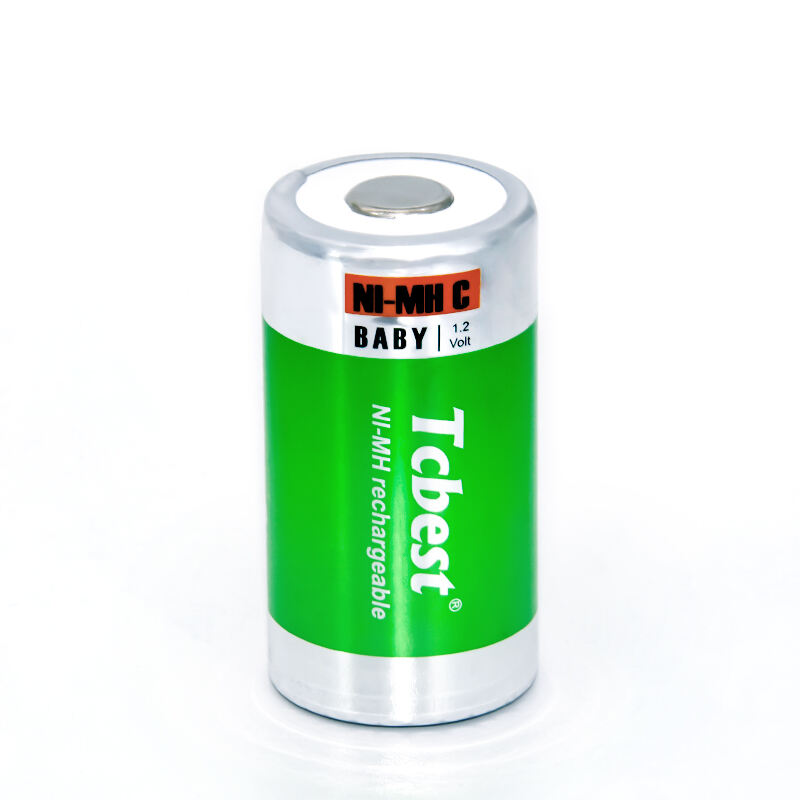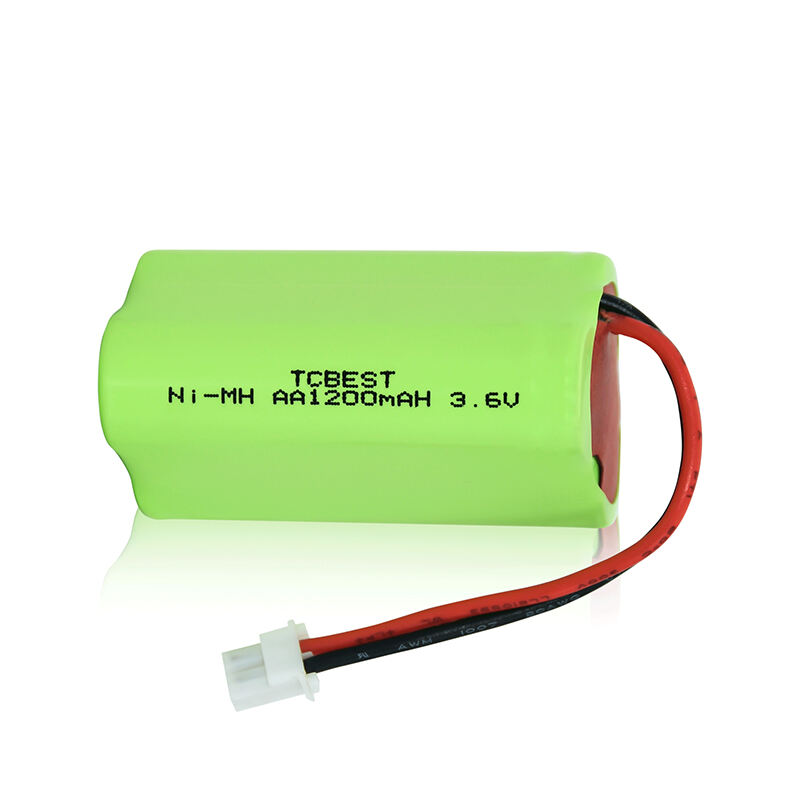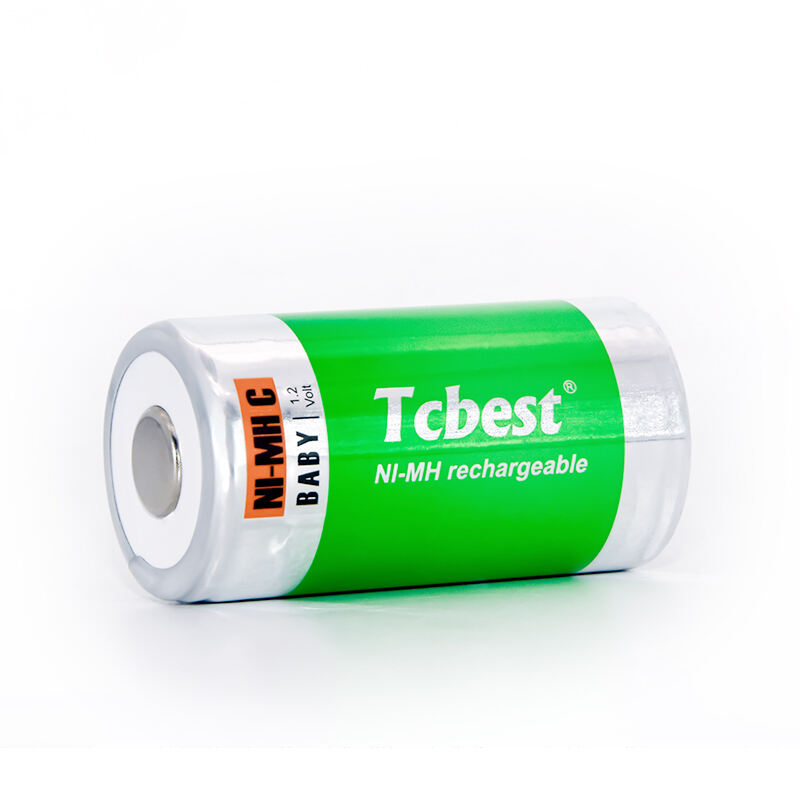nickel metal hydride battery cells
Nickel Metal Hydride (NiMH) battery cells represent a significant advancement in rechargeable battery technology, offering a reliable and environmentally friendlier alternative to traditional battery solutions. These cells operate through a sophisticated electrochemical process where hydrogen ions move between a nickel oxyhydroxide cathode and a hydrogen-absorbing metal alloy anode. The technology utilizes an aqueous alkaline electrolyte, typically potassium hydroxide, which facilitates ion transfer during charging and discharging cycles. NiMH batteries have become increasingly popular in various applications, from consumer electronics to hybrid vehicles, due to their impressive energy density of 60-120 Wh/kg, significantly higher than their NiCd predecessors. The cells demonstrate remarkable cycle life, capable of withstanding 500-1000 complete charge-discharge cycles while maintaining good performance. These batteries operate effectively within a temperature range of -20°C to 60°C, making them suitable for diverse environmental conditions. In practical applications, NiMH cells provide a nominal voltage of 1.2V per cell, with the ability to be configured in series or parallel arrangements to meet specific voltage and capacity requirements. Their robust construction and reliable performance have made them a preferred choice in high-drain devices, power tools, and emergency backup systems.


